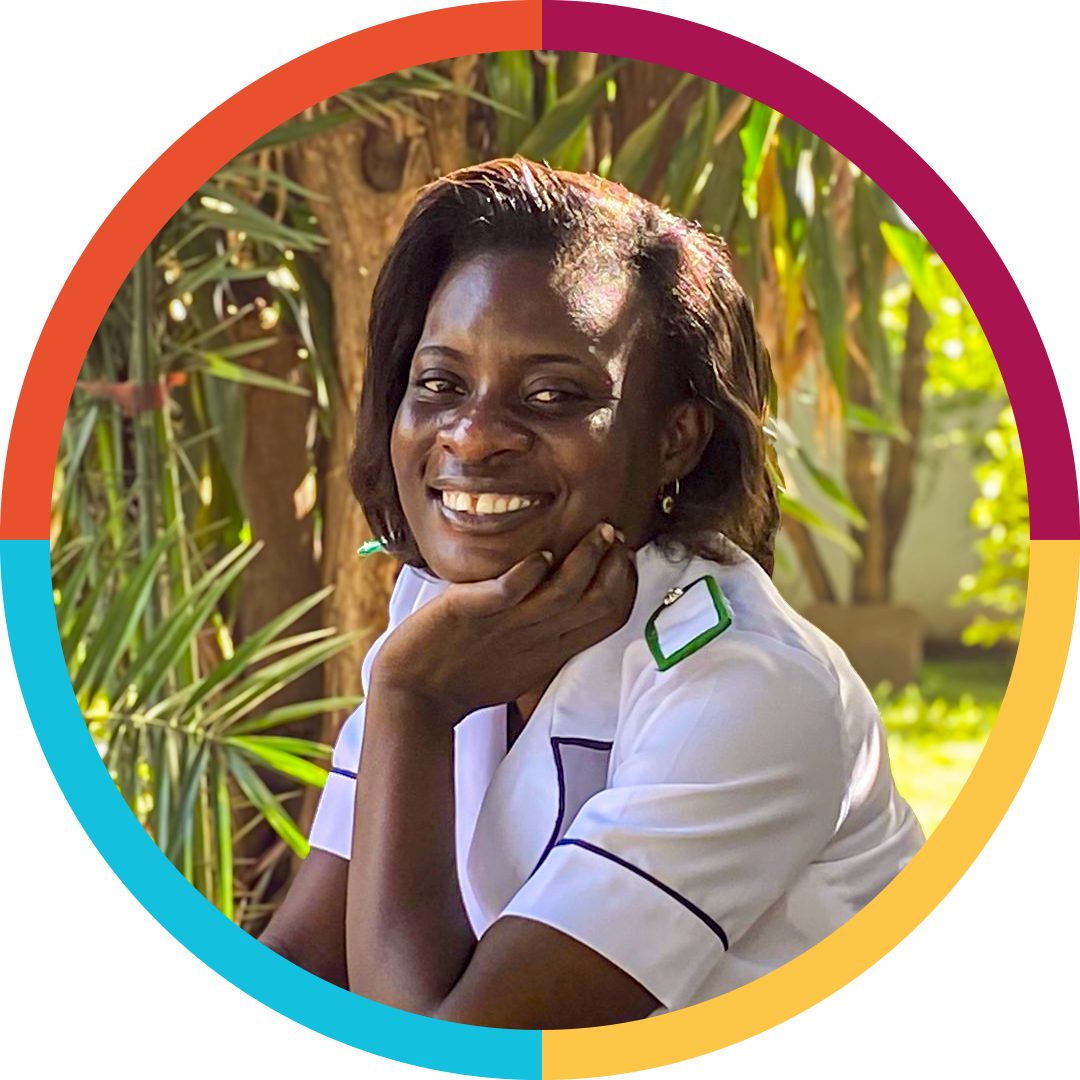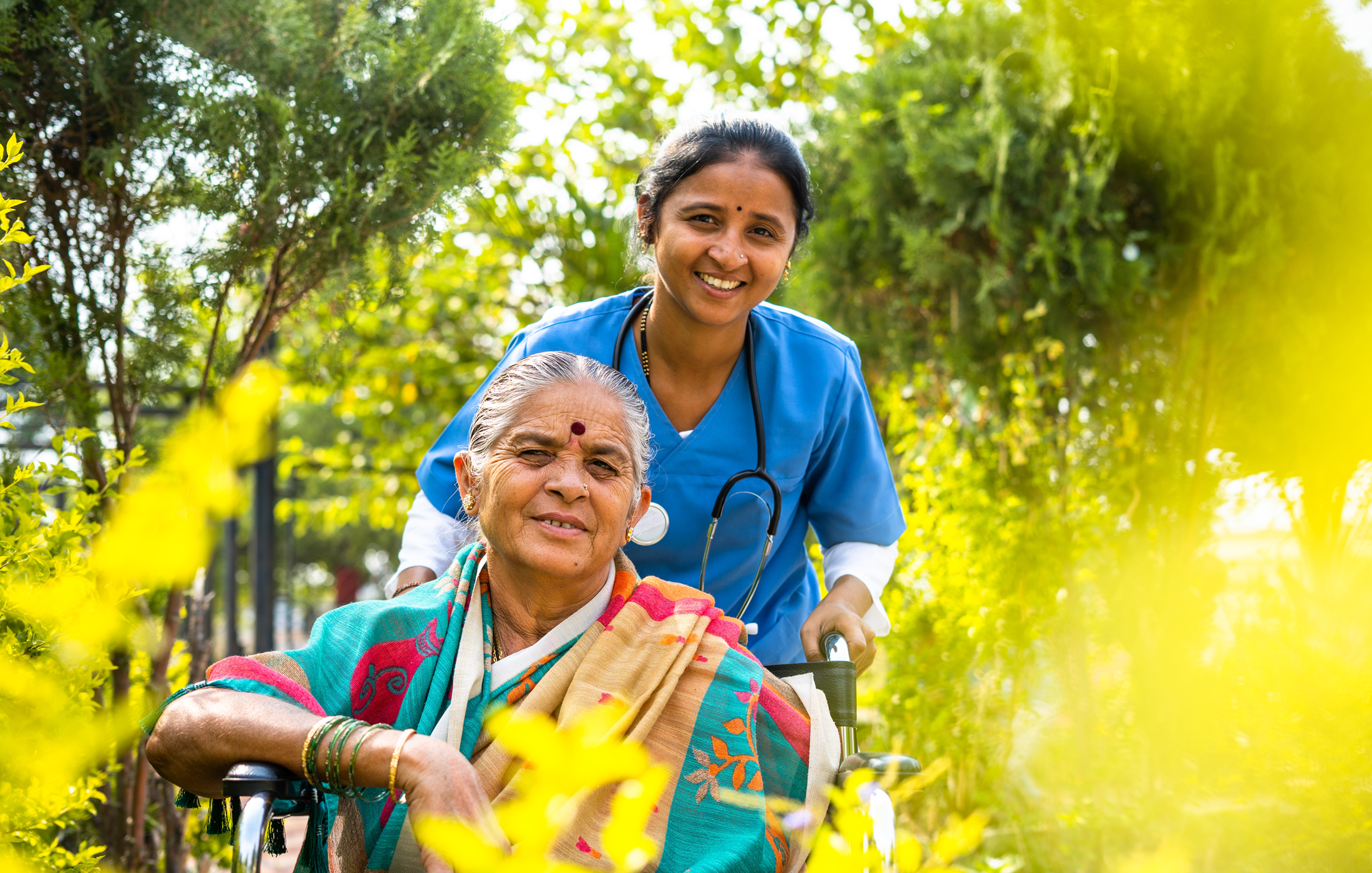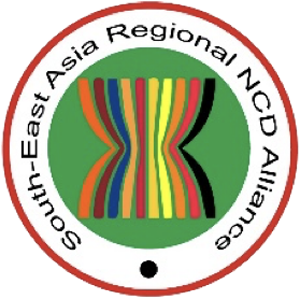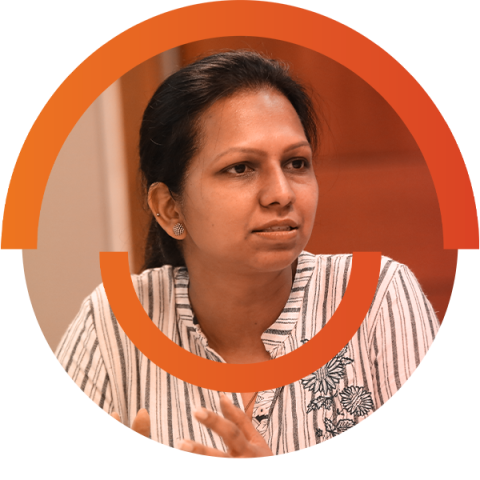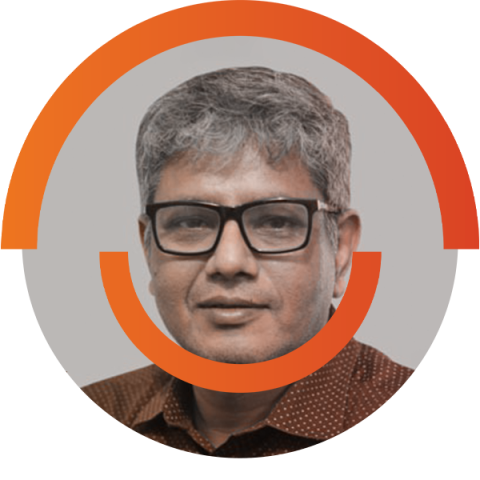Noncommunicable diseases (NCDs) such as cardiovascular diseases, diabetes, cancer, chronic respiratory diseases, and mental health conditions are responsible for almost two-thirds of all deaths in the South-East Asia Region (SEAR). There, a quarter of the adult population lives with hypertension, and one in 12 adults has diabetes. In addition, compared to the other WHO regions, NCDs claim lives in SEAR at a younger age, during the productive years of life.
The “NCD Care Gap” is most pronounced in low- and middle-income SEAR countries, where health systems are often ill-equipped to manage the multifaceted challenges posed by NCDs. This gap disproportionately affects vulnerable populations, exacerbating existing health inequalities. Neglecting NCD care in this region also has dire economic consequences. NCDs incapacitate individuals in their prime productive years, stifle economic growth, and strain healthcare systems, perpetuating a cycle of poverty and underdevelopment. Addressing NCDs comprehensively from prevention to treatment to palliation is the world’s biggest opportunity to save lives and money.
The lack of comprehensive health promotion interventions hampers the prevention and early detection of NCDs, stopping people from making healthy choices and delaying medical attention. Stigmatization of certain NCDs, such as mental health disorders and type 1 diabetes adds another layer of complexity, deterring individuals from seeking help and adhering to treatment regimens.
From commitments to action for Universal Health Coverage
The annual Global Week for Action on NCDs campaign led by the NCD Alliance in collaboration with member organizations calls on everyone, everywhere to take action and be an agent of change to accelerate the efforts to prevent and manage NCDs. This year’s Global Week for Action coincides with the United Nations High-Level Meeting (HLM) on Universal Health Coverage (UHC) on 21st September, offering the opportunity for governments to agree on specific actions to achieve UHC by 2030, a commitment previously made by all world leaders.
At least half of the world’s population does not currently have full coverage of essential health services, with most of these people living in LMICs. In order to integrate NCDs within the UHC agenda, there is a further need for equity-focused, people-centred and integrated healthcare systems that address the needs of people living with multiple chronic conditions, quality primary healthcare that delivers across the full continuum of care as well as access to quality essential medicines.
The upcoming HLM offers an excellent opportunity to ensure that UHC is achieved for all people and that NCDs are included as a priority within UHC benefit packages. At the same time, public health policies that go beyond the health system, such as taxation and other fiscal, labelling and marketing policies, to address the commercial, environmental, and social determinants of health, are fundamental to achieving UHC.
Let us all take steps towards people-centered care
SEAR NCD Alliance is working with decision makers and stakeholders to understand the need to invest in the prevention and care of NCDs; speed up integration of NCDs into UHC benefits packages; align with sustainable development and global health priorities; and engage people living with NCDs in decisions that affect their health. We are also working to strengthen the SEAR network of people living with NCDs. People living with NCDs as well as their care-givers should be included in the design, planning, implementation and evaluation of UHC programmes and services.
Countries like India have set an example by embracing the concept of meaningful involvement of people living with NCDs and adopting a whole-of-society approach by including NGOs and community as important stakeholders under their revised operational guidelines of the National Programme for Prevention and Control of Non-Communicable Diseases (2023‑2030).
Recently, SEAR NCDA in collaboration with WHO SEARO successfully strengthened the capacities of people living with NCDs to advance the prevention and control of NCDs in nine countries of the region, teaching skills to become effective spokespersons and share their lived experiences to build a community of practice to address NCDs. Activities following this training include the endeavor of Bangladesh NCD Forum (BNCDF), where the forum organized a series of six workshops for aspiring nursing and paramedic students to build capacity, raise NCD awareness among youth, and also provide them with the skills necessary to champion NCD prevention and advocate effectively.
Call for solidarity
The collaborative efforts between governments, international organizations, healthcare providers, and civil society can drive and strengthen policy actions, support sufficient allocation of resources, and implement initiatives that target the NCD care gap head‑on.
Action points must be:
- Invest in prevention and care of noncommunicable diseases such as cancer and diabetes;
- Speed up implementation of integrated UHC packages that tackle infectious and chronic diseases comprehensively;
- Align sustainable development and global health priorities; and
- Engage people living with NCDs in decisions that affect their health.
This Global Week for Action on NCDs, SEAR NCDA urges action from decision-makers, donors, international agencies, and the private sector with one clear message: the moment for caring about NCDs and UHC is now.



